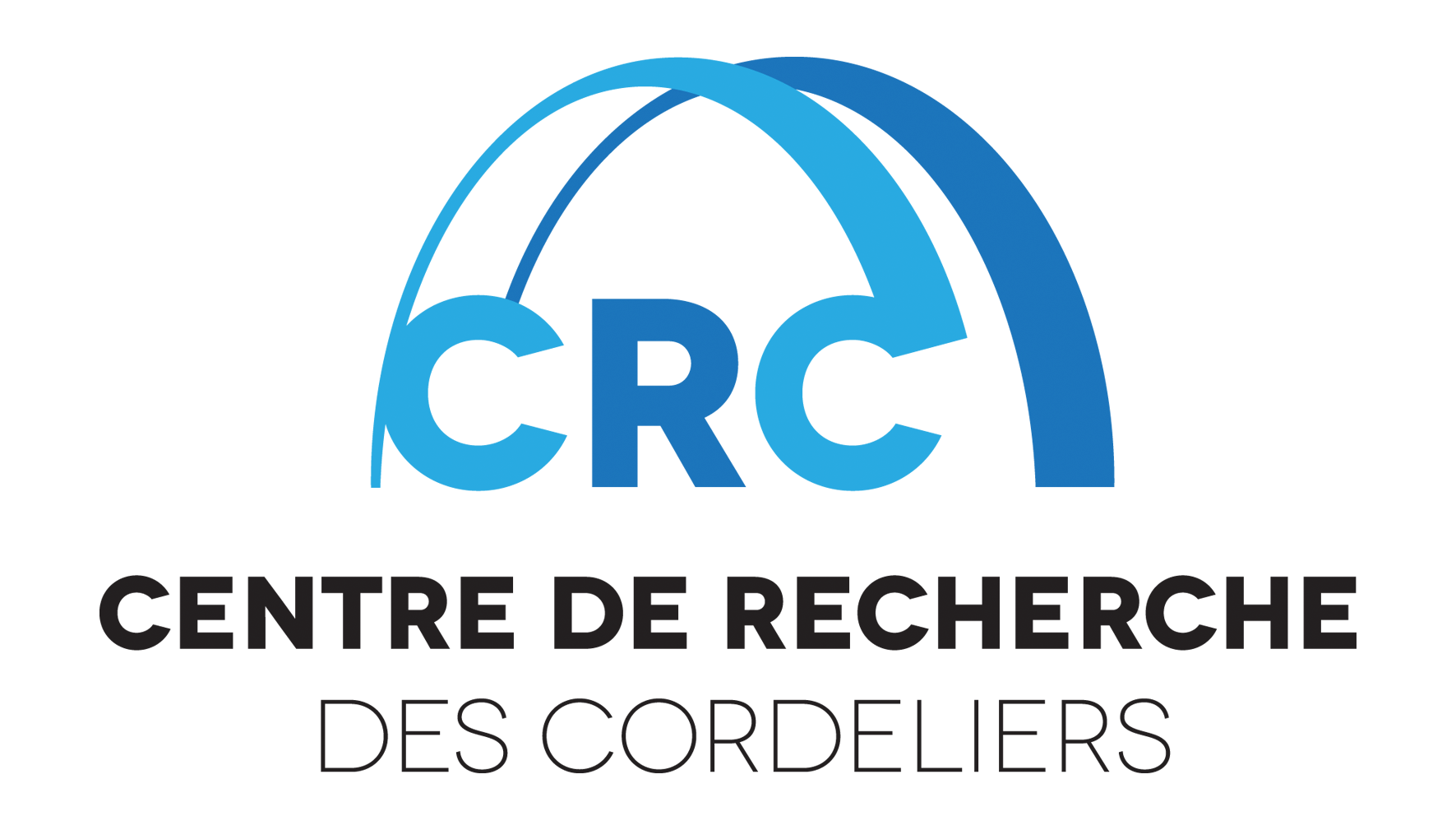By : Joakim Lundeberg
Date : Thursday 12 May 2022
1:30 PM - 2:30 PM
Summary :
The microenvironment of tumors forms an intricate network of various cell-cell interactions, and spatially resolved transcriptomics carries great potential to unravel signaling pathways, which can be screened for new therapeutic targets and provide a fundamental understanding of tumor biology. We have previously reported using spatial transcriptomics methodology in for example prostate and breast cancer and melanoma. We use computational deconvolution approaches to define and characterize tumor-specific expression profiles of multifocal cancer sites together with stromal and immune compartments. This unbiased analysis of the tumor revealed that cancer-associated expression patterns appeared in regions where histological evidence was missing, thus highlighting the potential of unbiased gene expression approaches to capture signals otherwise missed by conventional histopathology. Indeed, defining the transition from benign to malignant tissue by molecular strategies will be fundamental to improving cancer’s early diagnosis. In this presentation, I will describe an approach for an unsupervised analysis to study spatial genome integrity in situ to gain molecular insight into clonal relationships, focusing on prostate cancer. We demonstrate that genome-wide copy number variation reveals distinct clonal patterns within tumors and in nearby benign tissue. Our results suggest a model for genomic instability in histologically benign tissue that may represent early events in cancer evolution. We highlight the power of an unsupervised approach to capture the molecular and spatial continuums in a tissue context and challenge the rationale for treatment paradigms.
All seminars
